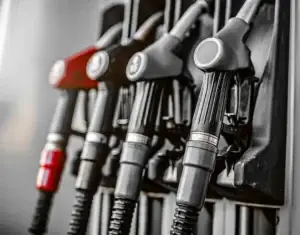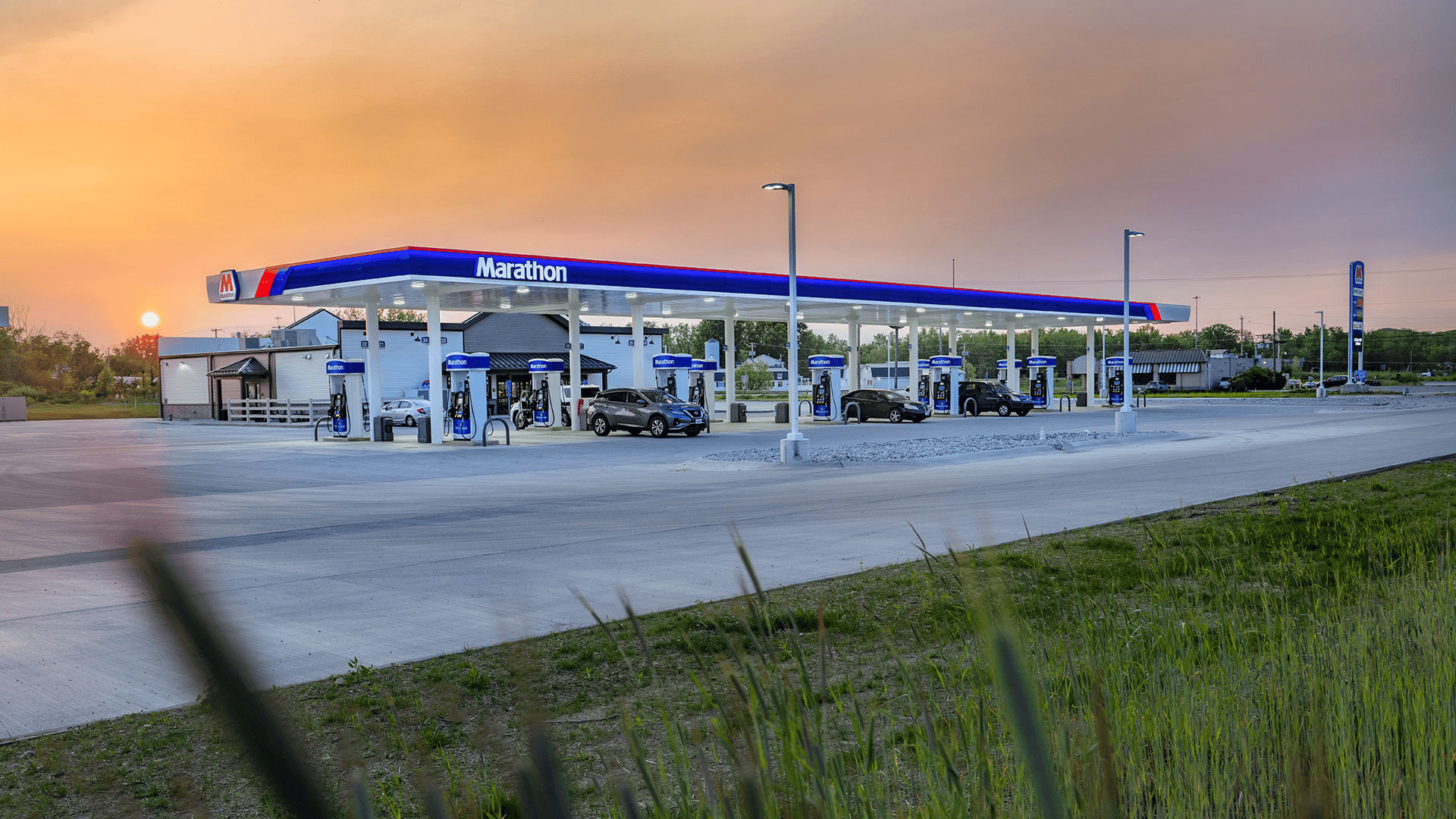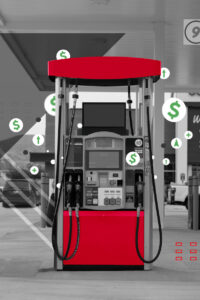
Fact or Fiction? Debunking Fuel Additives Myths

Fact or Fiction? Debunking Fuel Additives Myths
Fuel additives have become a hot topic in industries that depend upon large-scale fueling. From gas station operators to agricultural groups, the query remains: are components clearly beneficial, or are they a smart income pitch? With growing worries about gasoline performance, emissions, and protection expenses, components have been advertised as answers to almost every gasoline-associated problem. However, setting apart reality from fiction is vital for making knowledgeable decisions. For groups that operate fleets, heavy machinery, or fueling facilities, knowledge of how component paintings guarantee investments align with real international performance. This readability facilitates keeping away from needless spending at the same time as taking advantage of valid enhancements in gasoline quality. By reducing thru not unusual place misconceptions, commercial enterprise proprietors can maximize operational performance and increase the existence in their system without being misled with the aid of using exaggerated claims.
Myth 1: Fuel Additives Are Just a Marketing Gimmick
One of the most tremendous gasoline component myths is that they’re not anything more than smart marketing and marketing tactics. While it’s true that a few merchandise available in the marketplace overpromise results, legit components do serve valid purposes. They are formulated to clear up unique gasoline-associated problems consisting including stopping gelling in diesel at some stage in winter, enhancing lubrication, or lowering carbon deposits in engines. For industries that depend closely on diesel, ignoring components absolutely can imply highly-priced maintenance or downtime at some stage in harsh conditions. For example, farmers going through freezing temperatures rely upon anti-gel components to maintain the system going for walks smoothly. Similarly, gas stations can ensure client pride with the aid of presenting clean, green gasoline as more advantageous through the use of detergents. Commercial enterprise proprietors must distinguish between unsubstantiated claims and verified chemical answers. Choosing components subsidized with the aid of using trying out and certifications permits operators to enhance performance and decrease dangers at the same time as avoiding products with inflated promises.
Myth 2: Additives Damage Engines Instead of Helping
A not unusual false impression is that components damage engines with the aid of changing the chemical stability of gasoline. This fantasy has roots in studies with low-quality or incompatible merchandise that left engines worse off. In reality, whilst well selected, components are designed to defend instead of damage. For instance, lubricity improvers catch up on the decreased sulfur levels in cutting-edge ultra-low sulfur diesel, safeguarding gasoline pumps and injectors from untimely wear. Government fleets and business trucking companies, which place hundreds of miles on their vehicles, regularly depend upon those components to increase engine life. The secret is compatibility: the use of the proper additive for the proper gasoline type. Just as no unmarried medication treats each illness, no single additive suits each application. By relying on suppliers, commercial enterprise proprietors can ensure components improve overall performance and decrease insurance costs instead of increasing problems.
Myth 3: Fuel Additives Are Only for Old Vehicles
Another broadly believed fantasy is that components are needless for modern engines prepared with superior gasoline injection structures and emissions generation. While today’s engines are greater efficient, they’re additionally more sensitive to gasoline high-sulfur issues. Even small quantities of water, carbon buildup, or sulfur deficiency can affect their performance. Fleet operators with new vehicles or agricultural agencies with up-to-date equipment nonetheless locate components important to ensuring steady performance. For example, detergents can assist in maintaining injectors clean, stopping clogs that lessen performance. Government operations that depend on emergency reaction motors gain from components that stabilize gasoline throughout storage, ensuring readiness at all times. Newer engines won’t require heavy reliance on components in comparison to older equipment; however, brushing them off altogether endangers decreased performance and higher long-term restore costs. Additives aren’t a signal of old generation, however, instead a proactive technique to maintain present-day engines at top performance.
Myth 4: Additives Improve Fuel Economy Overnight
Many enterprise proprietors accept as true that pouring in an additive ensures immediate financial savings at the pump. While components can make contributions to a higher gasoline economic system, they’re no longer miracle solutions. The fuel economic system relies upon a number of factors, which include riding habits, load weights, car maintenance, and usual gasoline satisfaction. Additives consisting of detergents and cetane improvers can optimize combustion, which also causes modest gasoline financial savings over time; however, waiting for dramatic effects in a single day is unrealistic. For agricultural agencies running heavy-responsibility equipment or gas stations serving day-to-day commuters, it’s better to view components as gear that enhances consistency and saves you losses in place of immediate profit-makers. In essence, components assist engines run purifier and greater efficiently, which indirectly helps lengthy-time period gasoline savings. By handling expectations, agencies can apprehend the steady, cumulative price of components without being misled by inflated advertising and marketing promises.
Myth 5: All Fuel Additives Work the Same Way
Some operators say that one additive is interchangeable with another; however, that is one of the maximum deceptive gasoline component myths. In reality, components serve awesome purposes, and the use of the incorrect one also yields little gain. Anti-gel components, for example, are important throughout freezing iciness situations, but do little for carbon buildup. On the opposite hand, detergents cope with injector deposits; however won’t save you gasoline from gelling in cold weather. Fleet managers, gas station proprietors, and agricultural operators need to recognize their precise demanding situations earlier than deciding on the proper product. For agencies that inventory gasoline for lengthy periods, stabilizers are essential, even as fleets that operate in various climates might also require a mixture of anti-gel and lubricity components. Recognizing the specialised nature of those merchandise guarantees agencies make investments wisely. Instead of losing cash on generalized claims, operators can construct a method tailor-made to their gasoline needs.
Myth 6: Fuel Additives Are Too Expensive to Justify
Cost issues frequently make enterprise proprietors hesitant to apply components, believing they will only incur pointless expenses. However, while regarded as preventative measures, components can truly keep cash. For instance, a small investment in anti-gel components can also save you a steeply-priced device shutdown in the course of a harsh wintry weather storm. Similarly, lubricity improvers increase the life of gasoline pumps and injectors, saving lots in repairs. Gas stations presenting higher-excellent, dealt with gasoline can also additionally even appeal to repeat clients, including to lengthy-time period revenue. Government operations dealing with taxpayer-funded fleets should prioritize efficiency, and components play a role in decreasing gasoline waste and renovation costs. By comparing the go back on funding, agencies can see that components frequently price pennies per gallon as compared to the opportunity losses from breakdowns or inefficiency. When implemented strategically, components have proven to be a price-powerful protection for crucial operations.
Myth 7: Additives Are Unnecessary if Fuel Comes from a Trusted Source
Many operators trust that buying from a good gasoline provider gets rid of the need for components. While tremendous gasoline does lessen risks, it no longer absolutely saves you from issues. Even top-class gasoline can be afflicted by infection in the course of transportation, garage, or during lengthy idle periods. Water condensation, microbial growth, or seasonal climate modifications can affect gasoline excellent irrespective of the provider. Agricultural agencies storing diesel in tanks for months at a time, or authorities companies retaining backup reserves, are specifically vulnerable. Additives like stabilizers and biocides become important in those cases, making sure the gasoline stays usable and safe. For gas stations, components improve reliability by ensuring clients always have access to clean-burning gasoline. A reliable provider is the foundation; however, components are the coverage that protects the gasoline lengthy after shipping. By combining both, agencies acquire the best degree of operational protection and performance.
Making Smart Choices with Additives
At the end of the day, the reality consists of exaggerated claims and outright dismissal. Business proprietors throughout industries, from gas stations to farms to government fleets, take advantage of knowledge of their actual value. Additives aren’t cure-alls; however, neither are they useless. By isolating myths from facts, operators can use components strategically, addressing precise demanding situations like bloodless climate, garage stability, or injector cleanliness. This knowledgeable method prevents wasted cash at the same time as ensuring smoother, extra dependable operations. For agencies equipped to make higher fueling decisions, partnering with a reliable provider is just as crucial as selecting the proper product. Companies like Brad Hall Fuel now offer not only the best reliable gasoline shipping, but also the information to advise components that surely make a difference. In a market full of gasoline component myths, running with a dependable accomplice guarantees your fueling approach is built in fact, now no longer fiction.
Share:
More Posts
Get In Touch
👉 Contact Brad Hall Fuel today to learn how our bulk fuel solutions can power your business—wherever you are.

